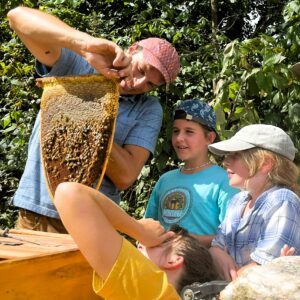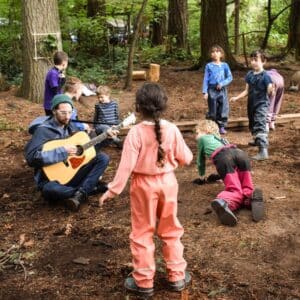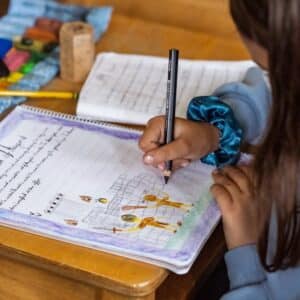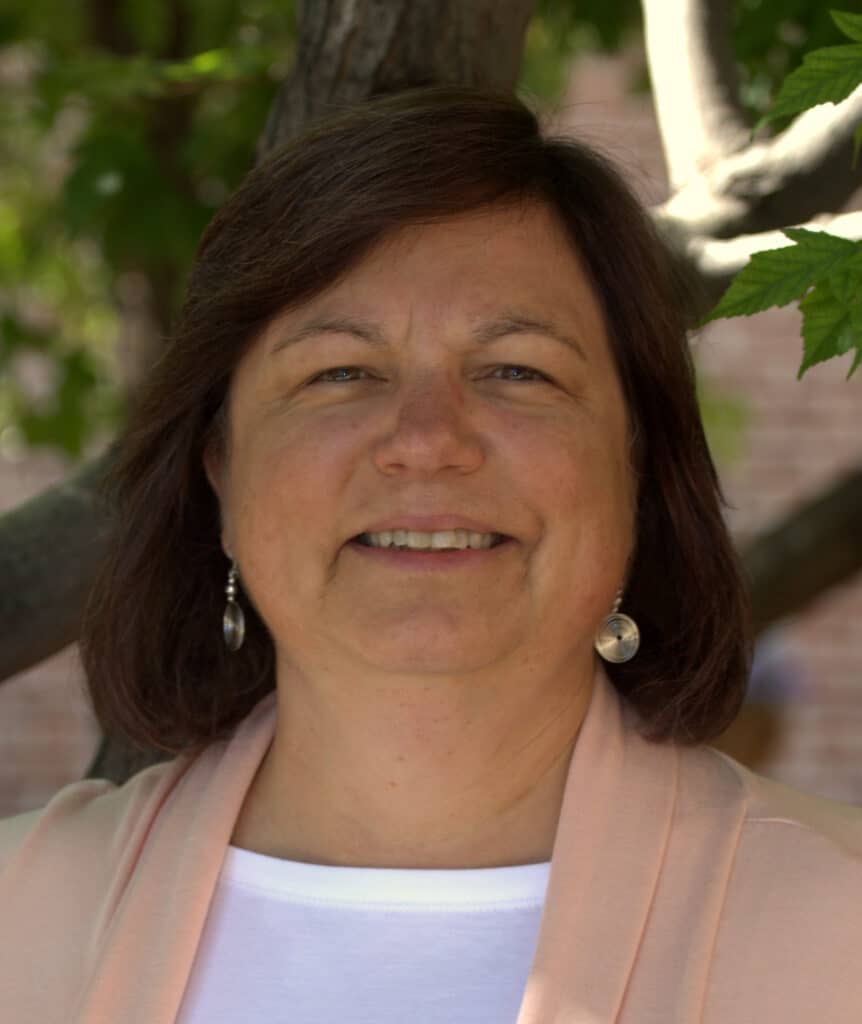DISCOVER MORE
Early Childhood Education

I am the world
Grades Education
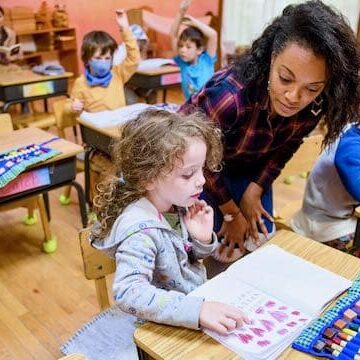
I love the world
High School Education

I know the world
our purpose
The Association of Waldorf Schools of North America (AWSNA) is a nonprofit membership organization of independent Waldorf schools and institutes in Canada, the United States, and Mexico.
The association was founded in 1968 to support schools and institutes. Our vision is to strengthen and nurture Waldorf education and to advance Waldorf principles worldwide.

AWSNA NEWS
Experiential Education – Students learn best by doing
A growing body of large-scale research affirms that experiential learning is how students learn best across all ages and all subject areas. Experiential learning is defined as an educational approach in which understanding grows from lived experience.
Rooted Before Wired: Educating Children for an AI Future
If we want children prepared for an AI-enhanced world, education’s most urgent task is not to accelerate cognition or outsource thinking, but to anchor children in deep thinking, real relationships, and lived experience.
Back to Basics: The Enduring Value of Handwriting
If students can type faster than they can write, why teach handwriting and cursive? A growing body of neuroscience suggests these skills activate neurons and varying areas of the brain in ways that typing simply does not.



